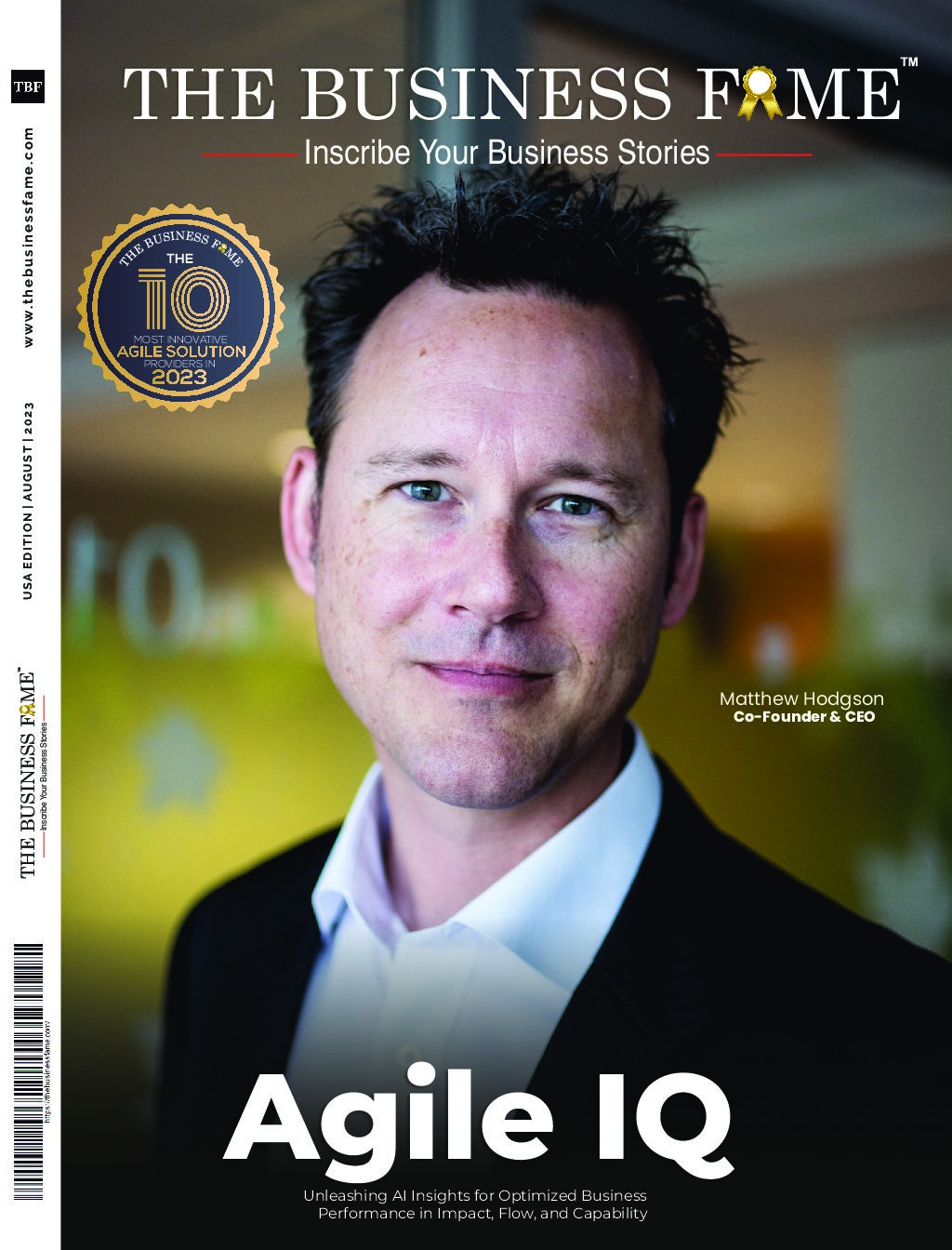The importance of leadership development has become more critical than ever. As companies navigate the challenges posed by a volatile, uncertain, complex, and ambiguous environment, they recognize the need for a new set of leadership skills and organizational capabilities. The traditional methods that once propelled success are no longer sufficient to thrive in the current scenario. Moreover, there is a growing realization that leadership development shouldn’t be reserved exclusively for top-tier executives. In a world where collaborative problem-solving and individual initiative are highly valued, employees across all levels are expected to make significant decisions that align with corporate strategies and values. This necessitates equipping them with the right technical, relational, and communication skills.
Transformation in Leadership Development Landscape
The landscape of leadership development is undergoing a significant transformation. The market is saturated with providers offering courses designed to impart both hard and soft skills required for effective management. However, organizations investing substantial amounts in training executives are increasingly frustrated with the outcomes. Numerous industry studies and interviews with clients have revealed that over 50% of senior leaders believe that their talent development initiatives fall short in building crucial skills and organizational capabilities.
Challenges with Traditional Executive Education
Traditional executive education programs no longer adequately prepare leaders to address the unique challenges of today and tomorrow. As organizations seek leaders who possess strong communicative, interpretive, affective, and perceptual skills for fostering proactive collaboration, most traditional programs fall short. These programs often focus on discipline-based skills like financial analysis and strategy development, overlooking the vital interpersonal, communication, and affective skills.
Chief Learning Officers (CLOs) are struggling to justify their training budgets due to these shortcomings. Moreover, traditional executive education is often episodic, expensive, and exclusive, hindering the realization of lifelong learning—an essential concept in today’s fast-evolving world.
The Emergence of the Personal Learning Cloud (PLC)
The rise of the Personal Learning Cloud (PLC) offers a promising solution to the challenges of leadership development. The PLC encompasses a range of components, including online courses, interactive platforms, and digital tools from various sources. It offers four crucial characteristics:
Personalization: The PLC allows individuals to tailor their learning experiences to their own pace, learning style, and work environment. This personalized approach ensures that learners can focus on the skills most relevant to their needs.
Socialization: Learning is often most effective when individuals collaborate and learn from each other. The PLC facilitates the formation of teams and cohorts, enabling collaborative skill development.
Contextualization: The PLC enables learners to acquire skills in a workplace setting, ensuring practical application of knowledge. It bridges the gap between learning and real-world scenarios.
Trackable Learning Outcomes: The PLC enables transparent tracking and authentication of learning outcomes. This is crucial for both organizations and individuals to measure skill acquisition and proficiency.
Addressing the Skills Transfer Gap
One of the major criticisms of executive education is the lack of application of learned skills on the job. The PLC addresses this gap by providing on-the-job learning experiences. Research suggests that skills are more likely to be applied when the learning environment (locus of acquisition) closely resembles the job environment (locus of application). The PLC bridges this gap by offering contextualized learning that aligns with learners’ roles and organizational needs.
A Shift in Cost and Value
The PLC disrupts the cost structure of executive development. Traditional programs are expensive and often involve costs beyond the program itself, such as pre-assessment and post-training follow-up. In contrast, the PLC provides cost-effective learning opportunities, offering skill-specific courses and certifications at a fraction of the cost of traditional programs. It shifts the fixed costs of talent development to variable costs with measurable benefits.
The Future Outlook
As the PLC gains traction, leadership development will experience a paradigm shift. Learning will become more personalized, adaptive, and value-driven. Business schools and educational institutions will need to adapt by reconfiguring their offerings towards blended and customized programs that leverage traditional classroom settings only when necessary.
The competitive landscape will evolve as incumbents focus on their unique strengths, while new entrants leverage the flexibility and adaptability of the PLC to offer tailored and effective learning experiences. The PLC’s ability to measure and track skills acquisition and transfer will revolutionize leadership education, creating a seamless integration of learning and application.










